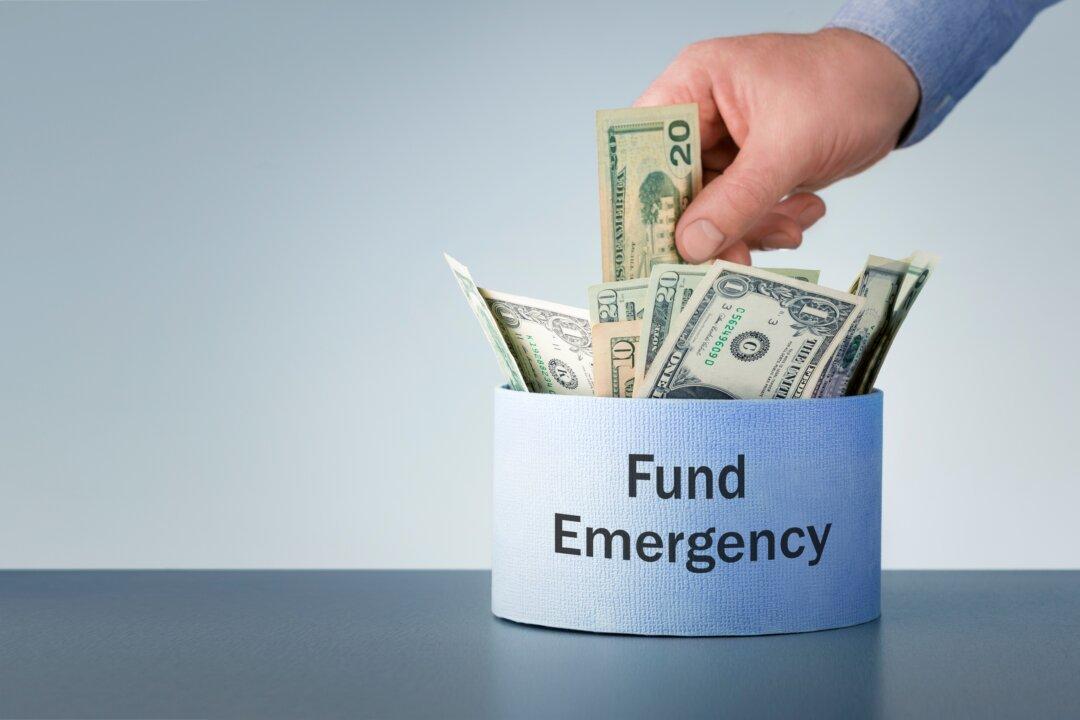Years ago, while driving home from college, my car broke down at a toll booth. I naturally panicked. Not so much from the embarrassment—but the dread of how much this was going to cost me to tow and repair.
Most of us don’t like to spend money on such matters. It’s even worse, though, when you don’t have the money in the bank to take care of such an unexpected surprise. From that point on, I made sure to have an emergency fund on standby.






